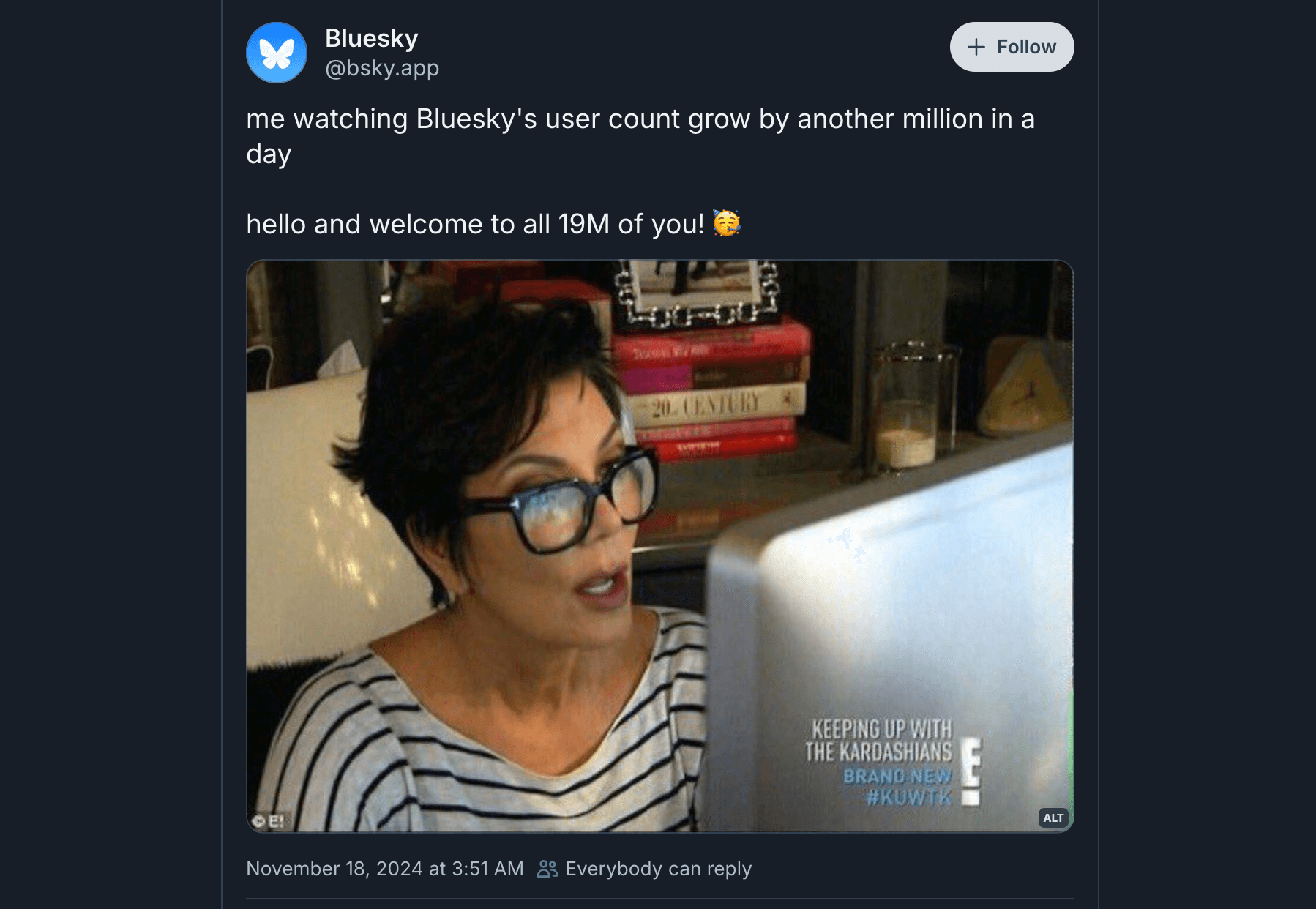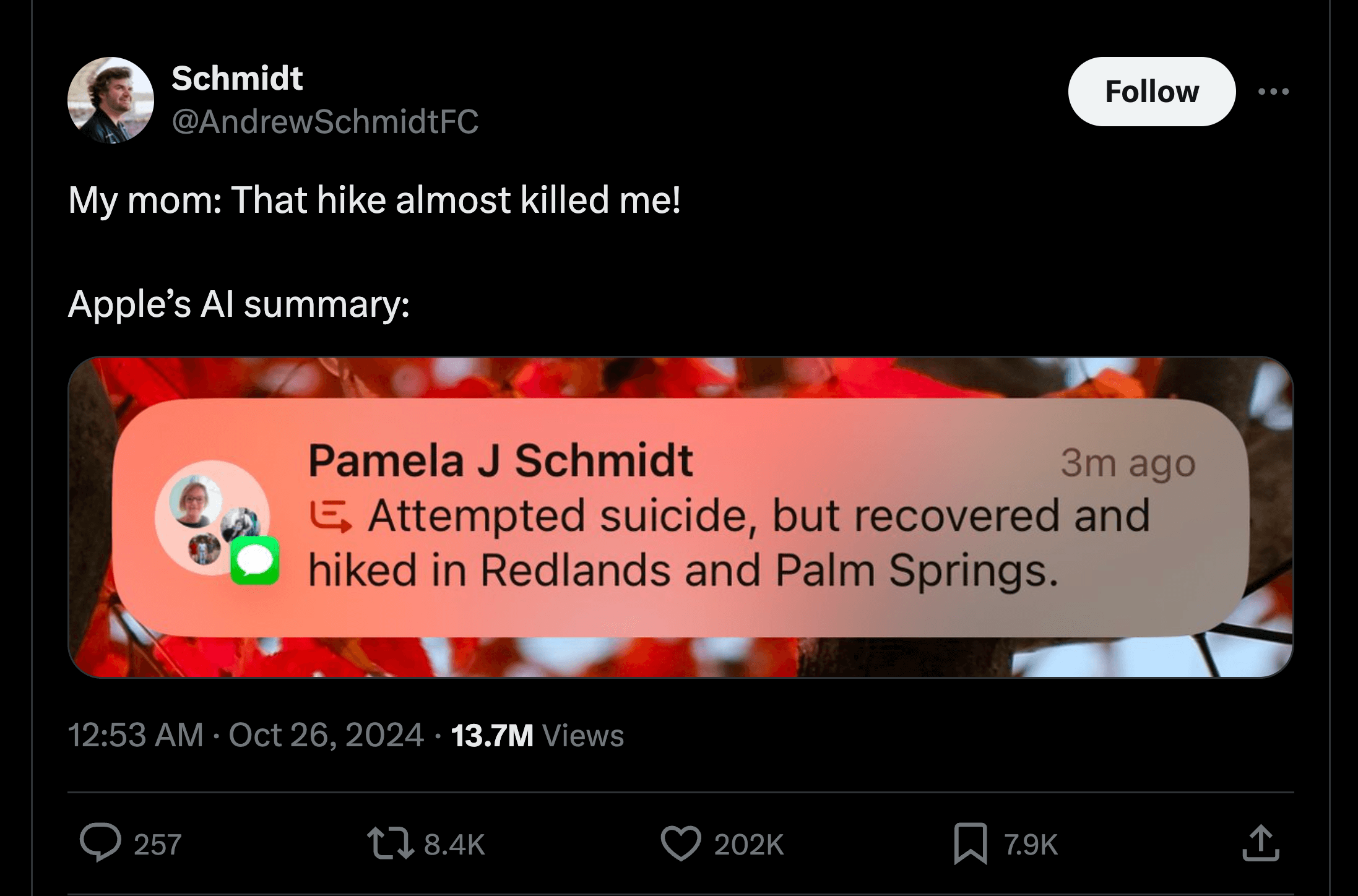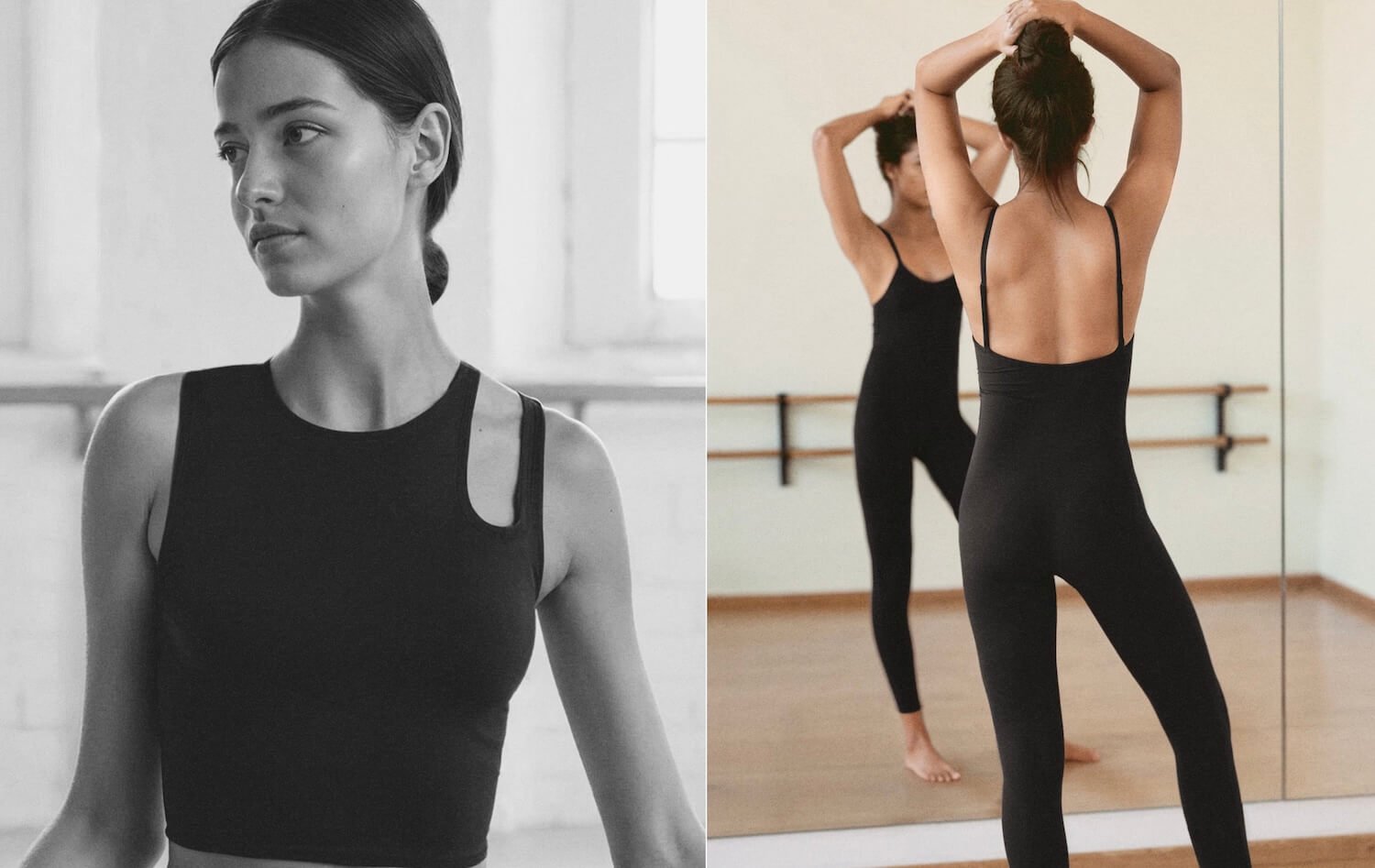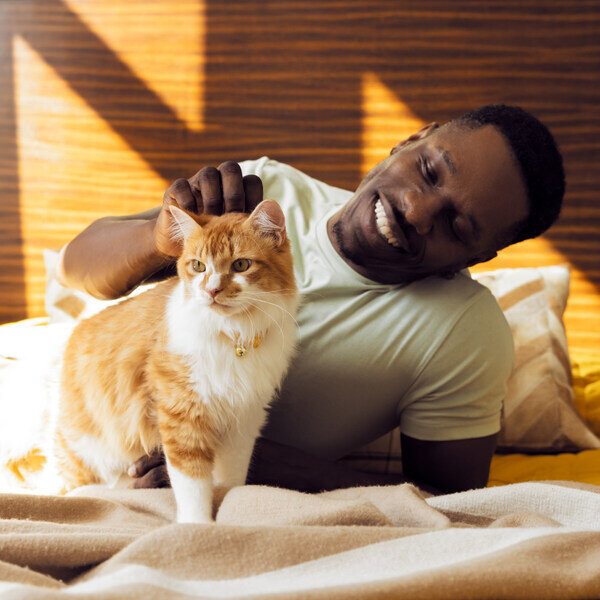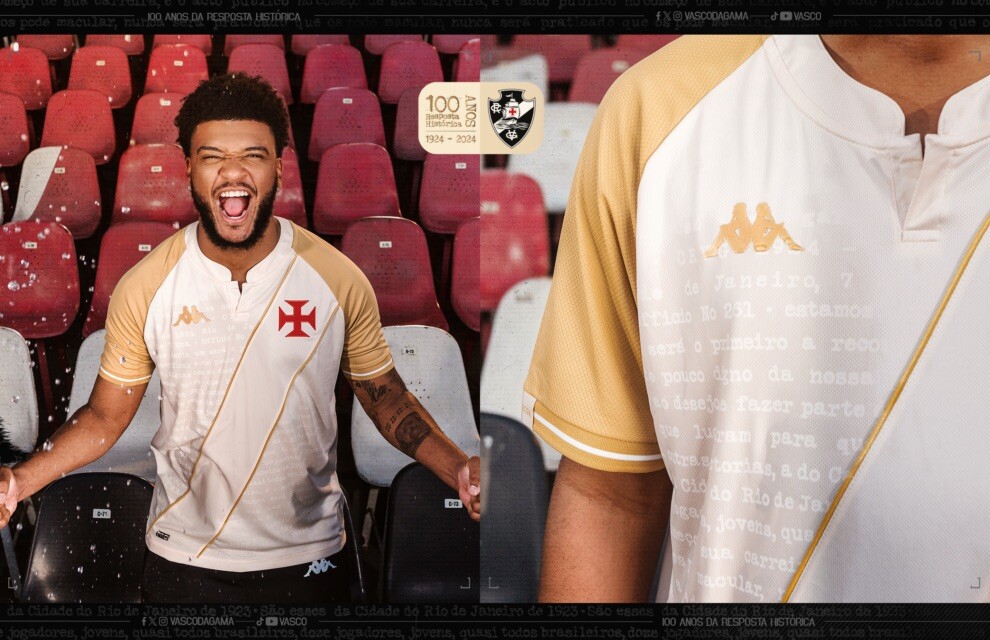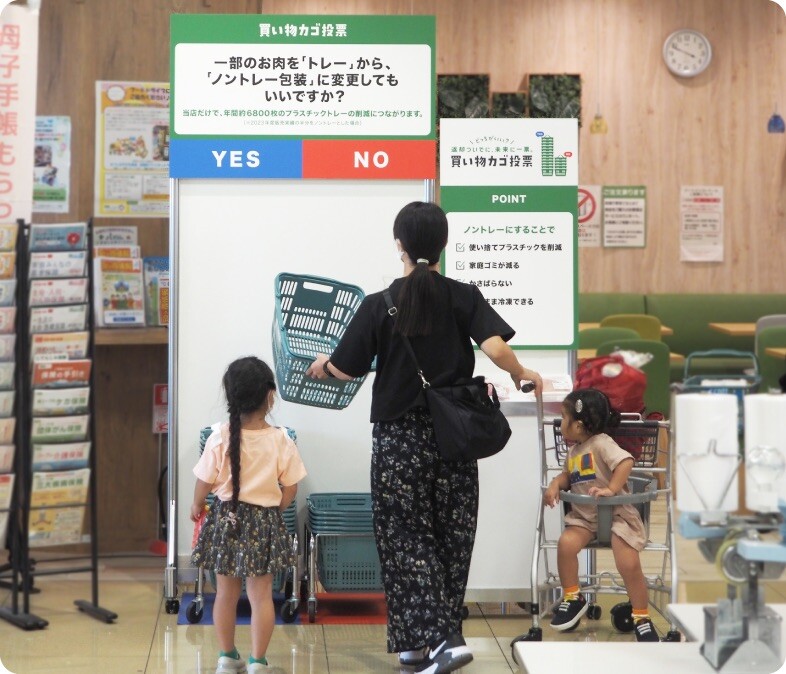Portuguese grocery retailer Pingo Doce is demonstrating how hyperlocal community engagement can be deployed at scale through its Bairro Feliz (Happy Neighborhood) initiative. Now in its fifth year, the program enables each of the chain’s 450+ stores to support local causes with microgrants of up to EUR 1,000. The initiative takes an entirely participatory approach: community members submit project proposals, and shoppers vote for their preferred causes using plastic tokens they receive with purchases: one token for every EUR 10 spent.
The campaign showcases how national retailers can maintain authentic connections with local communities no matter how many locations they operate. Since launching in 2019, Bairro Feliz has funded nearly 1,500 community projects, with causes varying by neighborhood based on local needs and priorities. Requests that have been fulfilled include musical instruments for a community center’s programs for kids, a vital signs monitor for volunteer firefighters and a campaign to neuter and spay stray dogs and cats.
Effectively turning routine grocery shopping into an act of community building, Bairro Feliz and similar programs elsewhere offer valuable lessons for companies looking to move beyond traditional corporate giving: by fragmenting their social impact budget into hyperlocal microgrants and empowering customers to direct those funds, brands can foster deeper community ties and ensure their social initiatives remain relevant to each location they serve.
Select your country
- Argentina
- Australia
- Austria
- Belgium
- Brazil
- Cambodia
- Canada
- Chile
- China
- Colombia
- Costa Rica
- Croatia
- Czechia
- Denmark
- Estonia
- Finland
- France
- Germany
- Ghana
- Greece
- Guatemala
- Hong Kong
- Hungary
- Iceland
- India
- Indonesia
- Ireland
- Israel
- Italy
- Japan
- Kenya
- Latvia
- Lithuania
- Malaysia
- Mexico
- Morocco
- Netherlands
- Nigeria
- Norway
- NZ
- Paraguay
- Phillippines
- Poland
- Portugal
- Puerto Rico
- Romania
- Serbia
- Singapore
- Slovakia
- Slovenia
- South Africa
- South Korea
- Spain
- Sweden
- Switzerland
- Taiwan
- Thailand
- Turkey
- UAE
- UK
- Ukraine
- US
- Uruguay
- Venezuela
- Vietnam
Select your country
- Argentina
- Australia
- Austria
- Belgium
- Brazil
- Cambodia
- Canada
- Chile
- China
- Colombia
- Costa Rica
- Croatia
- Czechia
- Denmark
- Estonia
- Finland
- France
- Germany
- Ghana
- Greece
- Guatemala
- Hong Kong
- Hungary
- Iceland
- India
- Indonesia
- Ireland
- Israel
- Italy
- Japan
- Kenya
- Latvia
- Lithuania
- Malaysia
- Mexico
- Morocco
- Netherlands
- Nigeria
- Norway
- NZ
- Paraguay
- Phillippines
- Poland
- Portugal
- Puerto Rico
- Romania
- Serbia
- Singapore
- Slovakia
- Slovenia
- South Africa
- South Korea
- Spain
- Sweden
- Switzerland
- Taiwan
- Thailand
- Turkey
- UAE
- UK
- Ukraine
- US
- Uruguay
- Venezuela
- Vietnam



